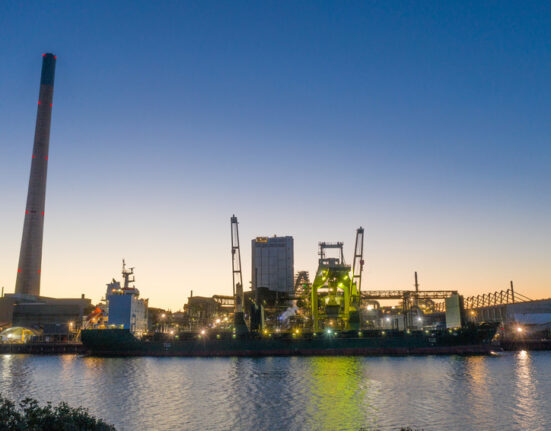The world recently marked 80 years since the atomic bombings of Hiroshima and Nagasaki. These tragic events on August 6 and 9, 1945, caused the immediate loss of tens of thousands of lives. Survivors continue to face long-term consequences to this day.
Even after eight decades, we must remember the immense suffering caused by nuclear weapons,
a survivor reflected.
The memories of Hiroshima and Nagasaki remind us of the catastrophic effects of nuclear weapons. They show why pursuing a nuclear-free world is so important.
Despite progress in diplomacy, the threat of nuclear weapons remains real. Recently, geopolitical tensions have increased fears of nuclear proliferation. Nations have shown military strength and issued nuclear threats.
The international community faces a grave crisis in deterring these nuclear threats
experts warned.
This highlights the urgent need for global cooperation.
Learning from Japan’s Experience with Nuclear Devastation
Japan is the only nation to endure atomic bombings. This history gives it a strong responsibility to promote peace and disarmament. Survivors’ stories inspire global movements to end nuclear warfare.
Greenpeace’s mission underscores our shared responsibility to safeguard human life and protect our planet,
environmental activists emphasised.
They work to stop nuclear testing and reduce ecological harm caused by warfare. These efforts show that protecting people and the environment must go together.
War harms both communities and ecosystems. Oil spills, fires, and bombings release toxins that pollute air, water, and soil. Nuclear weapons increase these risks. Radiation and contamination threaten both humans and nature. Therefore, pursuing a nuclear-free world is crucial for life on Earth.
Hope Through Global Initiatives and Advocacy
Despite these challenges, there is hope. The Treaty on the Prohibition of Nuclear Weapons, effective since 2021, represents a global step toward disarmament. Advocates still urge nations, including Japan, to ratify it as a symbol of commitment to peace.
Through education and community initiatives, we aim to inspire future generations to build societies rooted in harmony rather than conflict,
Sam Annesley, Greenpeace Japan.
The story of Hiroshima and Nagasaki teaches us that peace requires action. With education, advocacy, and global cooperation, a nuclear-free world is possible. This is a world where people and the environment can thrive together.





Leave feedback about this